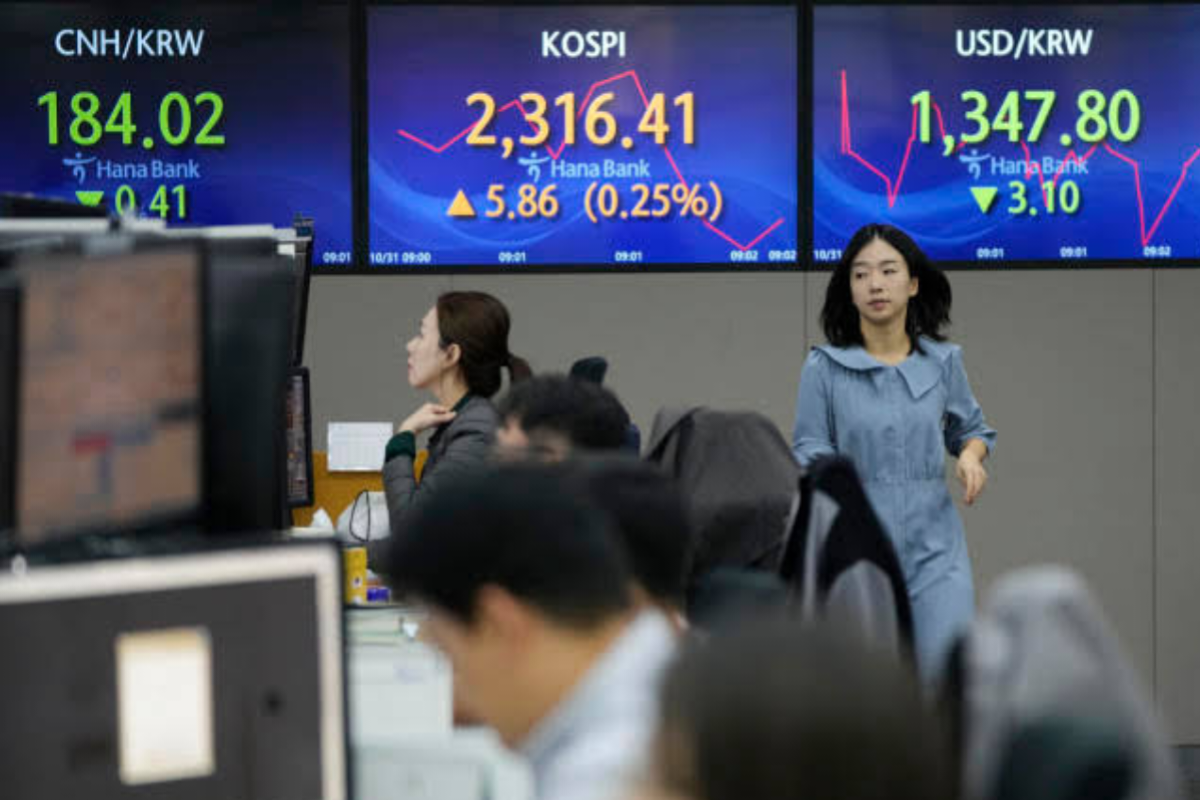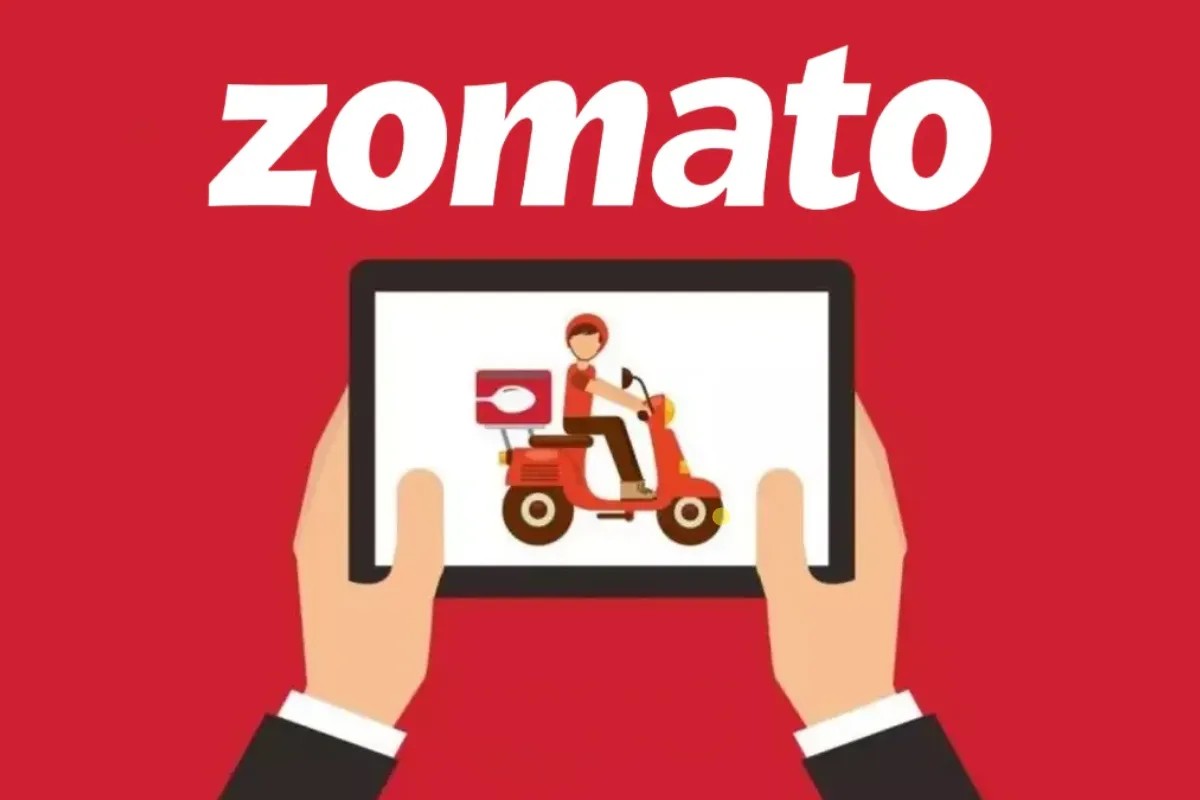Zomato, the popular online food delivery platform, has disclosed that it has been served with a tax demand and penalty by Karnataka tax authorities. The total amount in question stands at Rs 23.26 crore. However, Zomato remains confident in its position and intends to challenge the order by filing an appeal.
Karnataka Tax Authorities Demand
The tax demand and penalty imposed by Karnataka tax authorities primarily revolve around an alleged excess availment of input tax credit along with associated interest and penalties. Despite Zomato’s submission of clarifications supported by relevant documents and legal precedents during the show cause notice process, the authorities’ decision seems to overlook these defenses.
Zomato’s Response and Confidence
Zomato, in its official statement, has expressed confidence in its ability to contest the matter effectively before the appellate authority. The company maintains that it has a robust case to present, indicating its preparedness to defend its position vigorously. Importantly, Zomato reassures stakeholders that it does not anticipate any adverse financial implications stemming from this issue.
Previous Tax Notice from Gujarat Authorities
Earlier, Zomato encountered a similar situation with the Deputy Commissioner of State Tax in Gujarat. This notice pertained to an audit of the company’s GST returns and accounts for the financial year 2018-19. The tax demand in Gujarat also centered around alleged excess input tax credit and underpayment of GST.
Gujarat Tax Authorities Demand
Zomato received an order demanding GST payment of Rs 4,11,68,604 for the fiscal year 2018-19, accompanied by applicable interest and penalties totaling Rs 8,57,77,696. Despite Zomato’s contention that certain aspects were not adequately considered by the authorities, the demand order was issued.
Zomato’s Stand
The company reiterates that it had responded to the notice by providing explanations and supporting documentation. However, it appears that the authorities did not fully account for these submissions when issuing the order.












